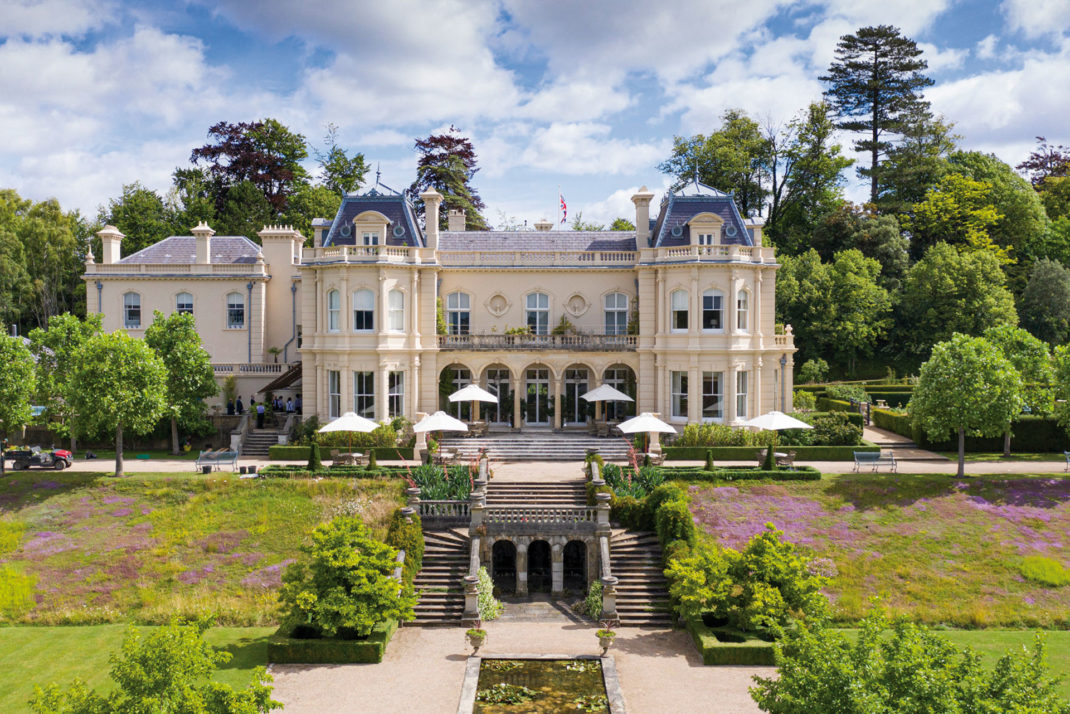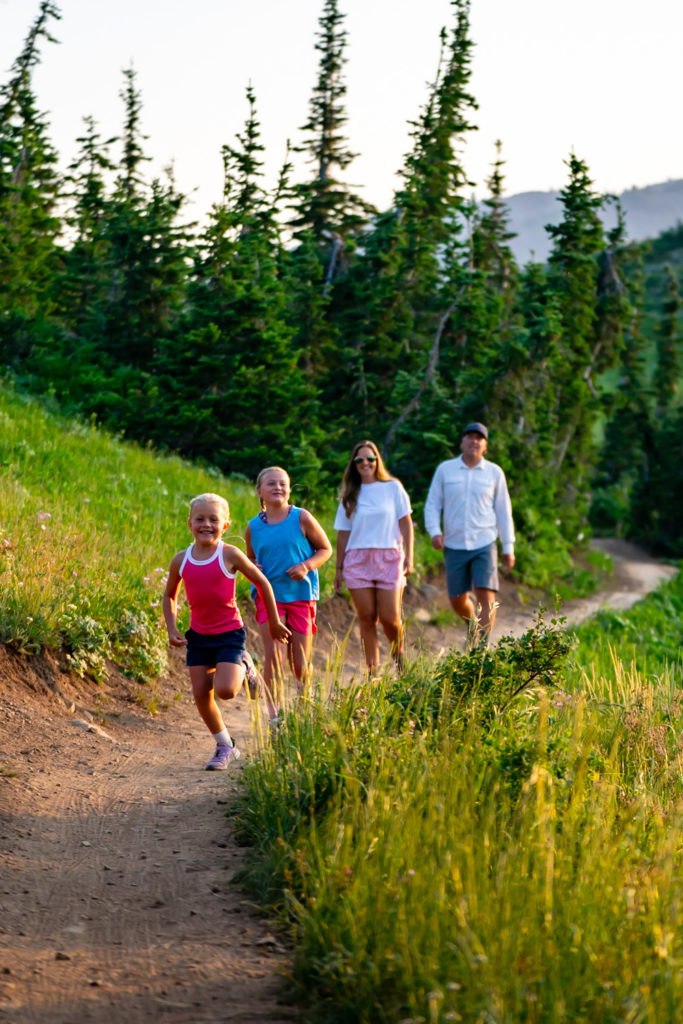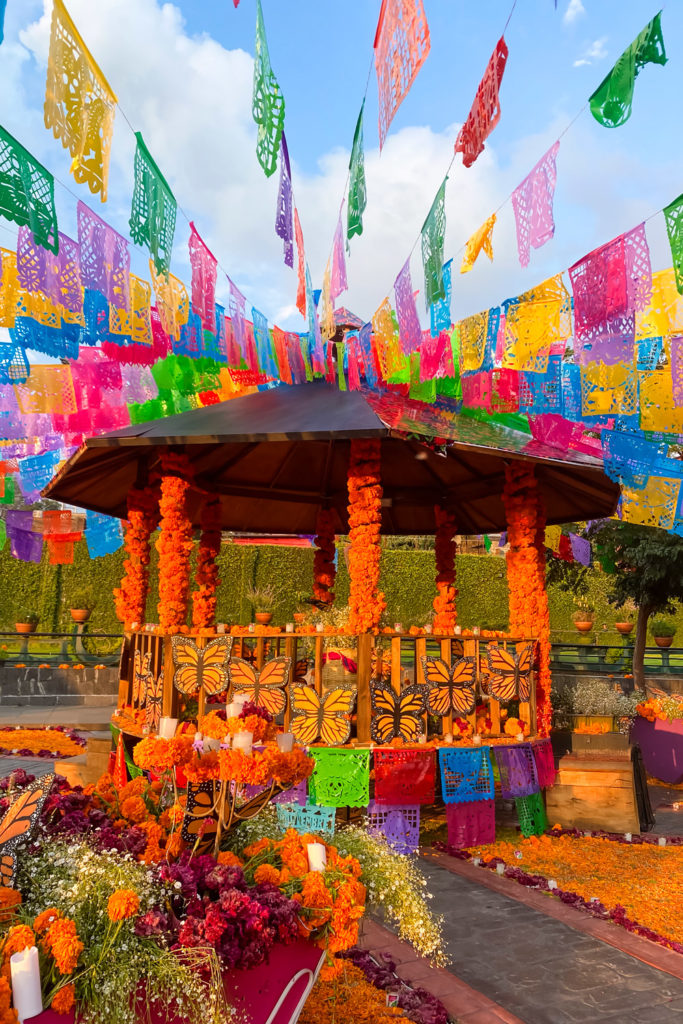Levison Wood On The Journey That Changed His Life
By
5 years ago
‘It reframed everything for me. Everything.’
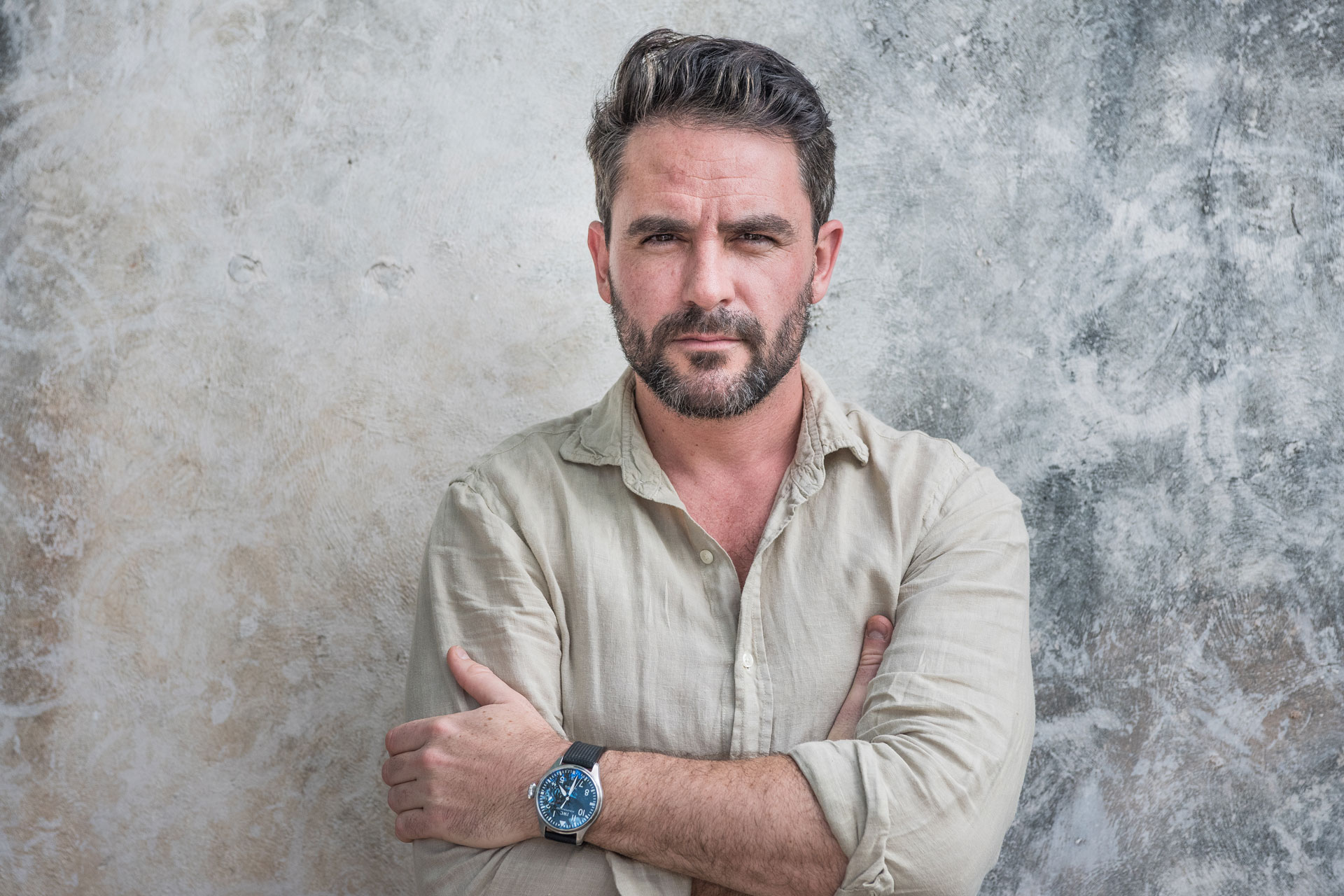
One of the greatest pleasures of travelling is being able to talk about it afterwards. Trading travelling stories with a group of friends, when done well, is as satisfying as getting a decent rally going on a balmy day on the tennis court. Trading travel stories with Levison Wood is like playing against Novak Djokovic, without a racket. And with a broken wrist. The British Army officer and explorer has walked the Nile, the Himalayas and the Americas, and in case any interviewer thought they could find their one-up in the write-through, Levison has also penned nine best-sellers to date, and is currently promoting his newest book The Art of Exploration: Lessons in Curiosity, Leadership & Getting Things Done. So, given the chance to speak with Wood on the PR trail, Rebecca Cox thought it best to just shut up and listen. Here’s what she learnt…
Levison Wood: The Art Of Exploration
Tell Us About A Journey That Impacted You Greatly
‘The Nile journey that I did in 2013-14 was probably the biggest challenge that I had ever undertaken, up to that date. And probably since, actually. I put all my eggs in one basket to go and do this journey, which I was hoping would make my name and I staked everything on it, I had no idea how long it was going to take, I had no idea if it was even possible. I was about six months in when I reached a halfway point. All sorts of things, a tragedy, had happened: a journalist who was following me, sadly, and tragically died on the trip. All these things were weighing on my mind, I hadn’t even reached the Sahara Desert yet, so I knew it was going to be a real slog. Going across a barren landscape is hard enough on its own without all of those added things. And people often ask me, what motivates me or what motivated me in those really challenging times? And actually, I think what really stood out was the people that I met along the way, just the local villagers.
‘The Sudan: we hear the word Sudan, and if people think of anything, it’s probably poverty or war, or a dictatorship, or very stringent form of Islam. What I found there was a highlight of the whole journey, because the people there were so incredibly welcoming and hospitable. I had bought three camels and had these two guides, local Bedouin camel handlers with me. We agreed that it was going to take 60 days, two months exactly, to get to the Egyptian border, because that was when Ramadan started, and they wanted to go home and spend it with their families. That was the deal. Off we went walking on the river. But all of the villages in Sudan are concentrated on the banks of the Nile, because it’s where the water is. Basically, what that meant was every single village we came to, the locals all came out, they all wanted to chat, they wanted to host me, they want to give me cups of tea. And we were getting quite far behind schedule because of the hospitality. My two Bedouin guys threatened to mutiny if we didn’t get a wriggle on, so we ended up having to sort of strike a deal, so for every day that we walked by the river, we’d then do a day in the desert a mile away so that we wouldn’t get the overwhelming hospitality, which I know sounds quite ungrateful, but that was just the way it was.
‘I remember one day, we were camping out in the desert, about half a mile away from the nearest village, and we must have made a little fire or something. And it must have alerted the locals that somebody is out in the desert. So, we found ourselves surrounded by all these local villagers who were quite upset, really, because they were like, ‘why aren’t you in our village? Why don’t you stay in my house’, and we were trying to explain that we were trying to get a move on with the expedition and make up the last miles. One guy got so offended by this, he stormed off back to his village, came back half an hour later and he had carried his bed on his head, and said, if you’re not coming into my house, my house is coming to you. There’s something quite remarkable about that. These people have literally got nothing. They live on $2 a day. And yet the sense of hospitality is so powerful. It put everything in perspective. That reframed everything for me, everything because it enabled me to remind myself just to give yourself a solid slap across the face and stop complaining, just get on with it.’
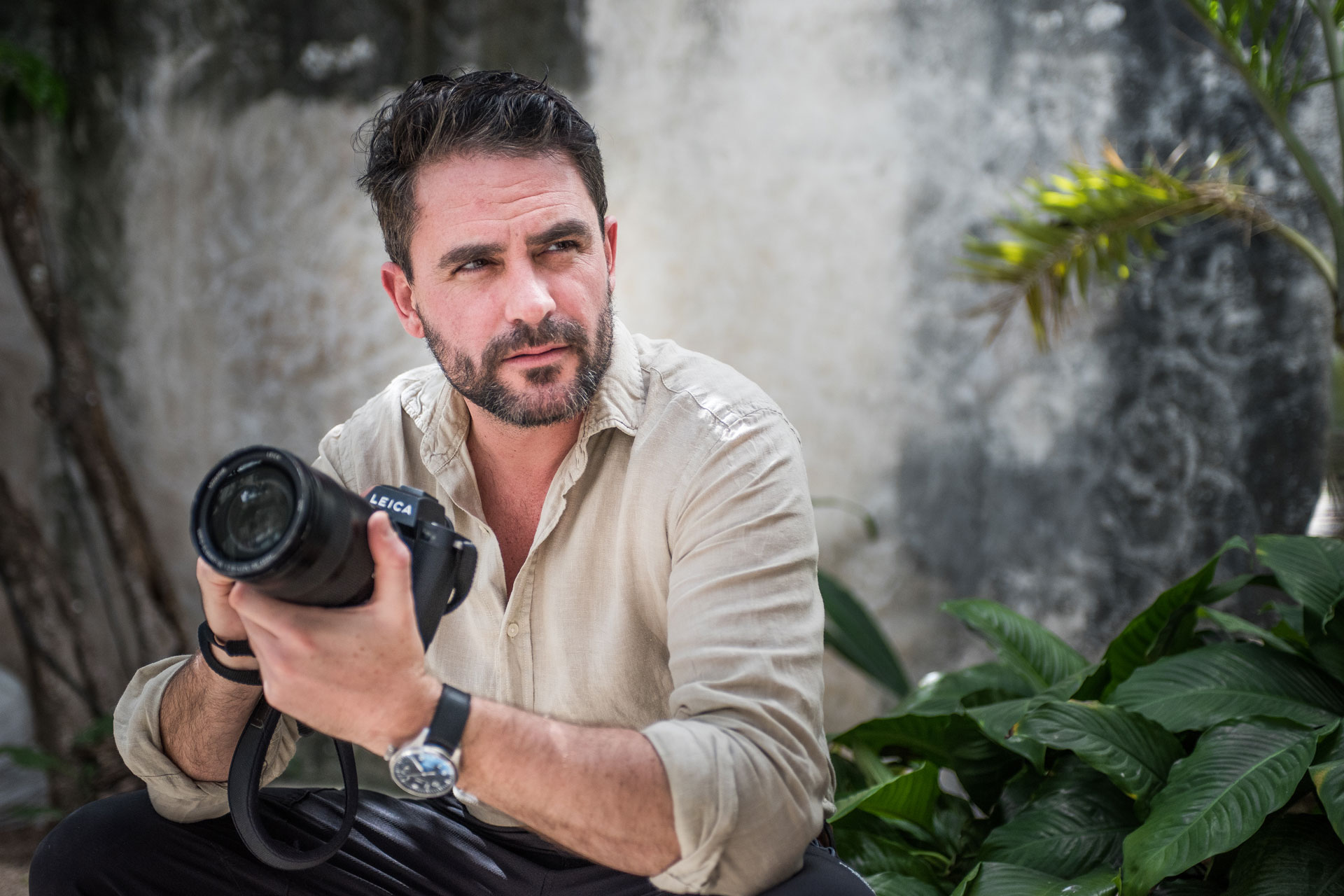
Levison Wood. Photo by Alberto Cacares
How do people get off the beaten track?
‘So, the first sort of two chapters of my new book is all about this. It’s about knowing yourself and what it is you’re after, and really clarifying in your mind the reason that you not just travel, but anything really. Maybe, before you go away on a trip, write the list of the things that you want to achieve and treat it like a sort of a bit of a mission, I want to go and learn more about this culture or I want to learn 50 words in this language or whatever it might be, that helps focus the mind somewhat, in achieving that mission. I think that’s a good way of doing it.
‘Not everybody wants to get off the beaten track, and there isn’t necessarily a problem with that. But don’t just go to the first website you happen to find. There are lots of local sources of information, maybe have a local guide, you know, that’s something that I’ve done certainly, in all of my big expeditions, I’ve always employed a local guide who is more than just a guide. In fact, they’re less of a less of a guide and more of a travel companion, who obviously speaks the local language, they can take you to places that you’ll never find on the internet or on a guidebook. And, especially if you’re off the beaten track, it’s a kind of an added safety measure as well, it can get you out of trouble if needs be. That for me opens up so much more than just trying to do it yourself or do your own research and actually get it. It’s supporting the local economy. In Nepal, there’s a long-established tradition of this. Having Sherpas porters, but you don’t have to go climb a mountain, you could just give somebody 20 bucks, or whatever the going rate is in that particular country and say, look, you know, take me around, show me the local markets, I want to try what food you have. That, for me, is a really good way of doing it.’
Tell us more about your new book
‘This book is my reflections on the last 20 years of travelling, which, when I look back on it, has been lots of ups and downs. So, I thought it would be high time to write something about the things that I’ve learned along the way, and how that might be applicable to people back home, whether that’s the people who might be changing jobs or coming out of university or wanted complete change of career or lifestyle.
‘I’m a big fan of the sort of stoic philosophy and maintaining a positive mindset is key to not just success, but also your own contentedness. That’s something I’ve been working on, obviously, over the last 18 months, as I’m sure we all have. For me, it’s been a period of reflection, and this book is the result of that, really. It’s the first time in, 15-20 years I’ve been in one place for more than a few months. Consolidating all these different ideas into one place has been quite a cathartic experience for me personally and has enabled me to sort of arrange those ideas and thoughts into something that will hopefully be useful to other people.’
What gets you into a positive place if you’re not there?
‘I’ve always played around a little bit with yoga, and I’ve tried to be a bit more mindful in how I go about my day-to-day business. But in the last 12 months I’ve tried to take on meditation every day and that’s definitely been very helpful. Just trying to be rational and reasonable when it comes to my interactions and more empathetic as well, that’s something I’ve tried to work on. When people get angry with you, or when you get into a bit of a road rage, getting angry yourself is not going to solve any problem. So, I always try and reframe the issue and try and work out the solution based on something more reasonable than your own emotions. Also bearing in mind that within every challenge there is always an opportunity, no matter how bad it seems at the time; just reminding yourself of that is a helpful exercise. It’s a bit of a cliché about when one door closes, another opens, but there’s so much truth in that. And no matter how dire the circumstances are, there’s always at least one thing that is positive that should come out of it. And inevitably does, although it’s very difficult to remember that at the time when you’re in the situation.’
Where did you mentally escape to during lockdown?
‘For the first six months, I wouldn’t say I enjoyed lockdown, but it gave me a great excuse to focus on the things that I’ve probably put off and focus on a few little hobbies. So, I wasn’t mentally escaping, I was just trying to be more present and accept the situation. Rather than daydreaming about being on a beach in Tahiti, (although I’d love to go to Tahiti,) I was just sort of exploring my local park and I found loads of little hidden sort of places in Battersea Park that I’d never even knew existed. Exploring your local area is, and was for me, its own form of escape.’
Trading stories about discovering our local parks during lockdown? Finally, something we can keep up with…
The Art Of Exploration by Levison Wood is out now, published by Hodder & Stroughton.
Main photo by Alberto Cacares

